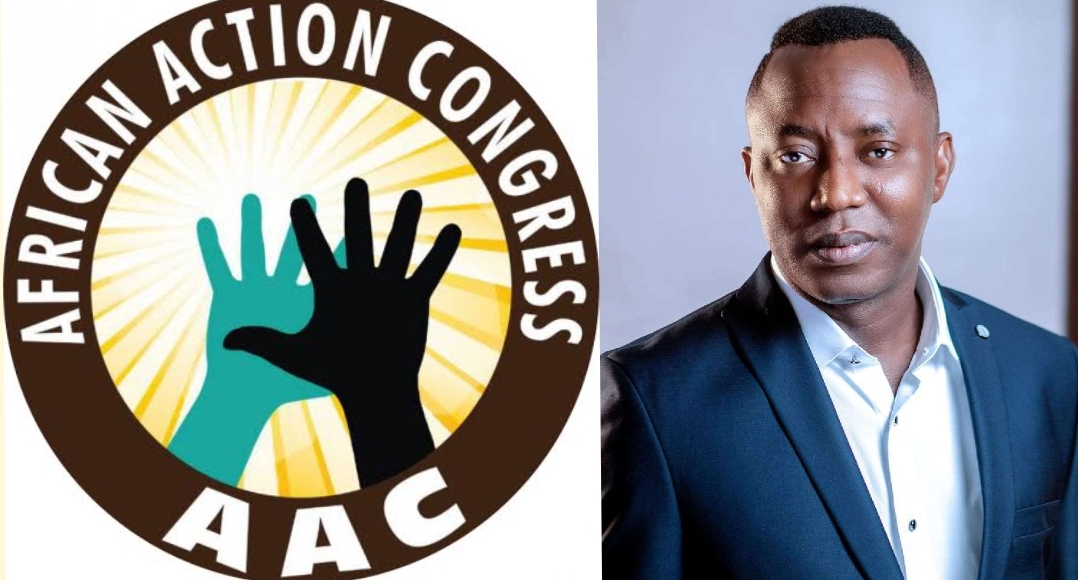-

-
Wikirise.com Advertise with Us HereStats: 4,783 members, 41,615 Posts
Number of Comments : 2,630
Date: Sunday, 24th November 2024
2023 Presidential Election: Sowore lists two cars, phones, N463, other assets
By Godwin Emmanuel - July 24, 2022 | Categories: Politics Tags: Gadgets & Electronics
Share this post:

Omoyele Sowore, presidential candidate of the African Action Congress (AAC) has declared his assets ahead of the race for the 2023 general election in Nigeria, making him the first among other contenders to publicly do so, albeit unofficially.
In a series of tweets via his Twitter handle @YeleSowore, Mr Sowore listed two vehicles, four mobile phones, a house in his village in Ondo, which he claimed to be roughly worth about N5 million among others as his assets.
“I have two used cars: a Toyota Camry & Lexus RX 350, a home in my village worth maybe N5m, three iPhones, a Galaxy Note 10 Lite (if you could call those assets), SaharaReporters Media Group (don’t know the worth as of today), a four-bedroom bungalow in New Jersey & nothing more,” the AAC candidate tweeted.
This came on the heels of a call made by civil society organisation, the Socio-Economic Rights and Accountability Project (SERAP), challenging all the presidential candidates to urgently publish details of their assets and liabilities, and to publicly commit to rejecting vote-buying and electoral bribery before and during the elections.
Tweeting further, Mr Sowore said he had never operated any offshore account or worked with a tax haven to hide any of his assets, adding that the Muhammadu Buhari regime froze his bank accounts since 2019 after he was arrested over the #RevolutionNow protest on August 3, of the same year.
“A Guaranty Trust Bank account I operated in Nigeria had N4,800 left in before my arrest. I managed to open a Kuda Bank with N463.00 as of this evening.
“I also recently opened a Capital One US bank account that has in it about $300, I have a Zenith Bank campaign account for the #Sowore2023 presidential account.
“I have nothing more besides financial support that I occasionally get from friends and family (if those count as assets),” Mr Sowore said, while also condemning vote-buying. “I reject vote-buying on or before 2023 election date,” he added in his tweet.
Nigeria’s 1999 Constitution seeks to prevent corruption and abuse of office through its provisions on the declaration of assets by a public officer.
Public officers are to declare only those assets and liabilities they own, including the properties acquired outside the country must be stated clearly with their value of the said in the currency of the country where the property is situated.
The law does not compel public declaration of assets, however, the spirit and intent of the law was created to make room for public scrutiny of public officials.
The Constitution (as amended) provides that the Code of Conduct Bureau (CCB) shall make assets declarations of public officers available for inspection by any citizen of Nigeria only on terms and conditions prescribed by the National Assembly.